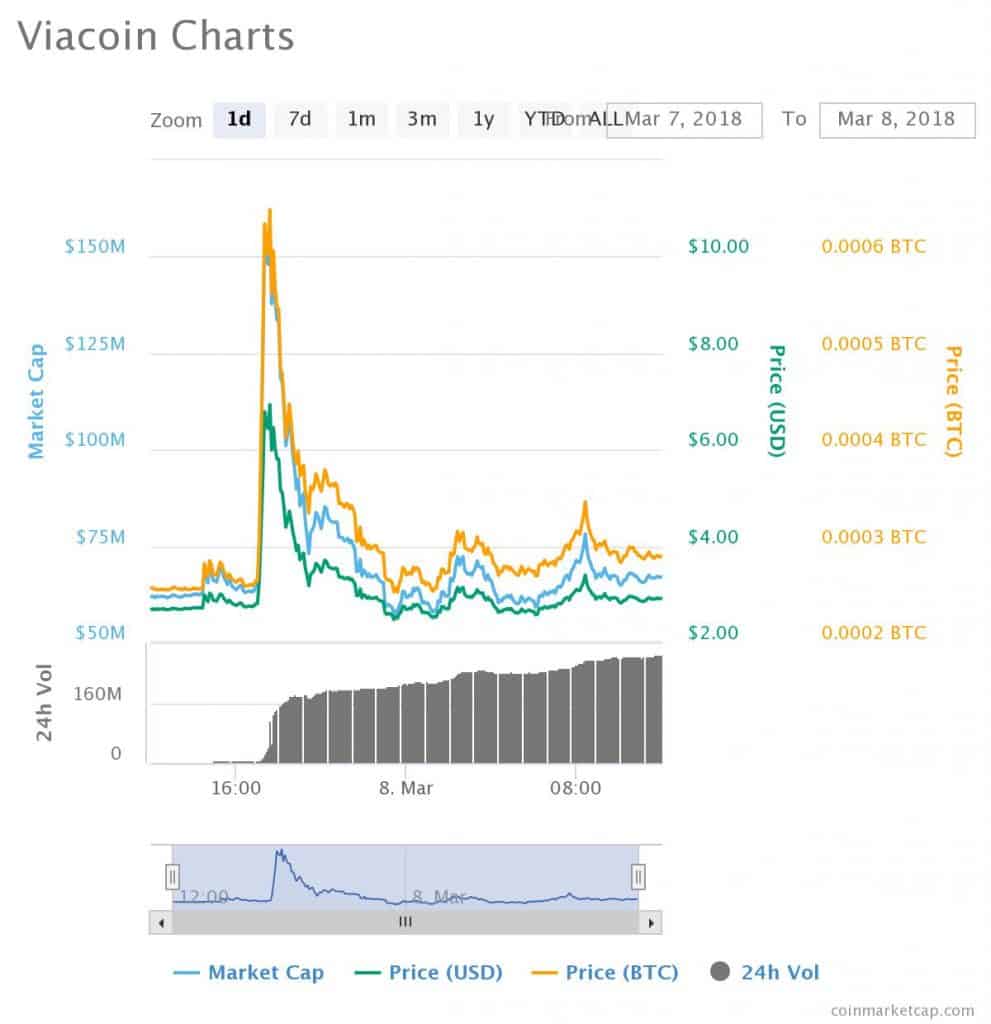We published yesterday a live report on an attack on Binance, the biggest cryptocurrency exchange in the world.
The incident took place over the span of only two minutes, according to the official incident report, but that was enough to make serious waves in the cryptocurrency market. It also likely contributed to the crash in the price of Bitcoin that we saw last night.
In the incident report, which was released very shortly after the attack, Binance said: "All funds are safe and no funds have been stolen."
The exchange explains that the attack was sophisticated, and actually began in January. The hacker(s) were patient, spending time collecting user account credentials by imitating the official Binance logo (phishing) and creating an API key for each collected. API stands for application programming interface - it is by using this that one programme recognises another.
The hackers then waited for the most opportune moment to strike.
That moment was yesterday, UTC 14:58-14:59. They placed buys on the VIA/BTC market, and the price of VIA spiked from 64 million USD to 159 million USD:

Source: coinmarketcap.com
VIA said that it is likely that its coin was chosen because of its "reasonably low marketcap". It added: "We feel really bad for those who are affected. We have offered Binance our technical support..."
We were informed about the issue that took place on Binance. Viacoin is in no way related or involved in this issue. We believe that Binance was not compromised or hacked.
— Viacoin (@viacoin) March 7, 2018
31 accounts were prepared and waiting to sell the inflated VIA tokens, and withdrawal requests were registered from all of them immediately after the spike. Binance claims that the hackers did not profit from their operation, because withdrawals were automatically suspended by the Risk Management system: "Not only did the hacker not steal any coins out, their own coins have also been withheld," wrote the exchange.
However, regarding the Bitcoin-holding accounts that were compromised and used to buy VIA, Binance says that the transactions unfortunately cannot be reversed.
Repercussions for Bitcoin
Now, Binance is the world's biggest cryptocurrency exchange. Its CEO is a billionaire, coming third in a recent Forbes cryptocurrency rich list. More importantly, it handles over 2 trillion USD in cryptocurrency trading on a daily basis, one quarter of which takes the form of Bitcoin, according to data from coinmarketcap.com.
Bitcoin dropped just as Viacoin jumped, and there is undoubtedly a link. However, Viacoin has more or less returned to its regular price since the events have calmed down, while Bitcoin has not. This is because there are other factors at play too.
The authorities in the US have been closing in on cryptocurrency from all sides recently, reaching a crescendo this week with the SEC announcing that exchanges will have to register and a federal judge ruling that cryptocurrency is a commodity.
This is an ongoing trend in the rest of the world too. Even in Japan, one of the most cryptocurrency-friendly nations of the world, the financial watchdog has begun punishing and suspending exchanges that are not compliant with national standards of consumer protection.


















